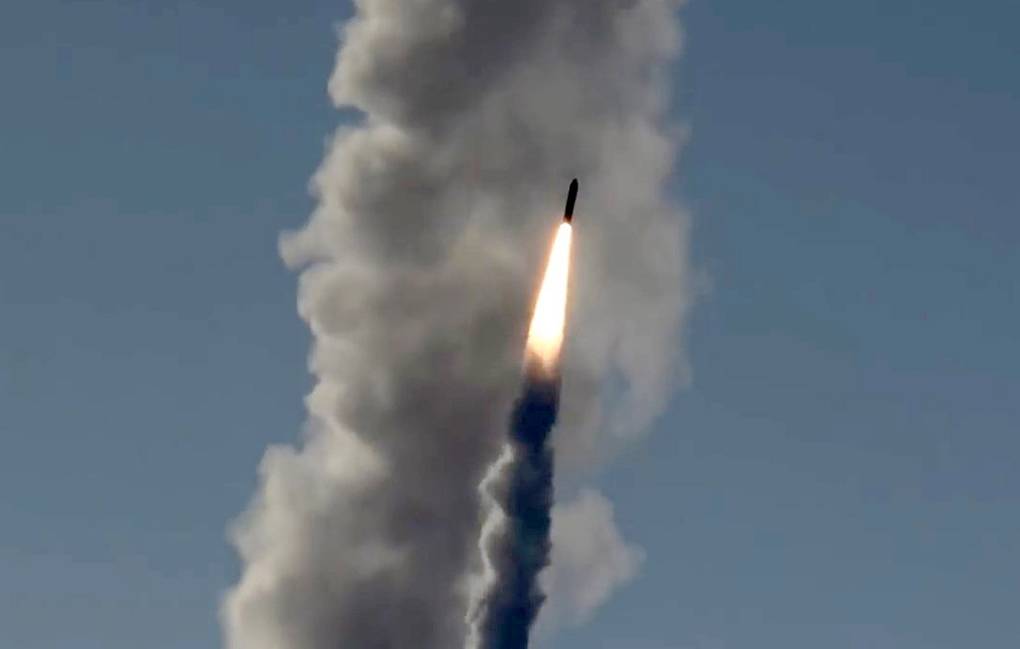
WASHINGTON, Aug 2 (NNN-AGENCIES) — The United States will officially withdraw from the Intermediate-Range Nuclear Forces (INF) Treaty on Friday, clearing the way for a new arms race with Russia — and throwing China into the mix.
The treaty — concluded by then US president Ronald Reagan and Soviet leader Mikhail Gorbachev in 1987 — limited the Cold War powers’ medium-range missiles, both conventional and nuclear.
Earlier this year, US President Donald Trump’s administration announced its intention to ditch the agreement, accusing Moscow of repeatedly violating its terms — a charge Russia denied.
“I think the INF Treaty has served us well, but it only works if both parties comply,” new US Defense Secretary Mark Esper said recently.
“The United States will remain in compliance with all of our obligations until August 2nd — and after that point in time, we will continue to pursue what is in our best interest,” he told lawmakers.
Washington formally launched the procedure of leaving the treaty on Feb 1 — a six-month process.
Russian President Vladimir Putin signed into law a bill suspending Moscow’s participation on July 3.
Unless something changes in the coming days, the mutual withdrawal will spell the end of the deal, which eliminated a range of missiles with ranges of 500 to 5,500 kilometers.
That paved the way for the mothballing of Russian SS-20 missiles and American Pershing missiles deployed in Europe.
Even if European nations have expressed concerns about the consequence of a new arms race, NATO endorsed the US position, saying Russia’s 9M729 missile had violated the INF agreement.
Moscow insists the new projectile has a maximum range of 480 kilometers — within INF parameters.
The Pentagon is thrilled that it will now be able to modernize its arsenal to counter the mounting might of China, which is looking to assert its military supremacy in Asia.
“Most of China’s inventory is of intermediate range missiles and so we need to make sure we have the capability as well to respond should we — God forbid — get in a fight with them one day,” Esper said.
The United States has pledged not to deploy new nuclear-armed missiles in Europe, but made no such promise on the deployment of conventional weapons.
Such a move would help counter China’s rise, especially in the South China Sea, where the People’s Liberation Army has effectively commandeered several disputed islands.
“It is time to turn the tables,” Mahnken said in a commentary published on the specialist website War on the Rocks.
“Such weapons, capable of denying China the use of littoral waters, would be a powerful deterrent to Chinese aggression.” — NNN-AGENCIES






